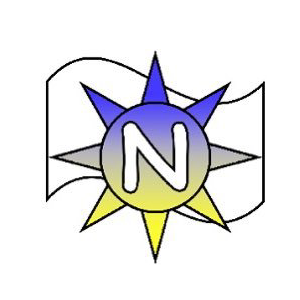HISTORY AT NORTHWAY
History is vital to a rich and broad primary education. It helps pupils to make sense of the present as well as the past, and to appreciate the complexity and diversity of human societies and development.
Tim Jenner HMI, Ofsted subject lead for history, 2021
At Northway, we follow the National Curriculum for History.
We aim to:
- stimulate children’s interest in and understanding about the past and encourage a passion for History.
- help children to develop a chronological framework for their growing knowledge of significant events and people.
- teach pupils about how significant events and individuals in the past have influenced our lives today.
- develop an ability to investigate and interpret different versions of past events through studying historical evidence.
- develop the ability to communicate historical knowledge and understanding using a variety of methods.
- encourage children to understand other people, their beliefs, values and experiences. By considering how people lived in the past, they are better able to make their own life choices today
- develop an understanding of society and their place within it, so that they acquire a sense of their heritage and identity.
- encourage thinking about cause and effect, and how the past influences the present.
- develop in children the skills of enquiry, investigation, analysis, evaluation and presentation.
- deepen understanding of historical concepts such as continuity and change, cause and consequence, similarity, difference and significance.
History is organised over a two-year cycle to meet the needs of our mixed age classes. History is taught in blocks with geography being taught when history is not. Unit plans are based on the whole school progression document. Lessons are built upon prior learning and adaptations made to meet the needs of individual learners.
As well as lessons, learning about History is enhanced by the organisation of trips and visitors. Carefully planned retrieval questions are asked to ensure pupils are able to remember knowledge over time. Enquiry questions are used to help pupils structure their learning and combine learning from different sources to understand trends.
EYFS
Children will begin to understand the past through changes in their own lifetimes. They will look at traditions over time and talk about past events and ways of life. They will talk about what our world was like in the past and look at past events such as landing on the moon, discussing how we can change the future.
KS1
In Key Stage 1, children will develop an awareness of the past. They will learn about significant individuals who have contributed to national and international achievements. Children will also learn about significant historical events within the local area. They will also study changes within living memory as well as events beyond living memory that are nationally or globally significant such as The Great Fire of London. Their learning will be placed within a chronological framework.
KS2
In Key Stage 2, children will extend their ability to appreciate history in a chronological context. They will develop a secure understanding of British, local and world history. Pupils will consider connections, contrasts and trends over time and develop the appropriate use of historical terms. They will also learn to understand how our knowledge of the past is constructed from a range of different sources and spend time looking at, and dealing with, different sources.
In Lower Key stage 2, they will study: Prehistoric Britain, Roman Britain and Ancient Civilizations, focusing on Ancient Egypt.
In Upper Key Stage 2, they will study: Liverpool’s past, Ancient Greece and its influence on the Western World, World War I and its impact on Britain, The Maya Civilization and Anglo Saxons and Vikings

